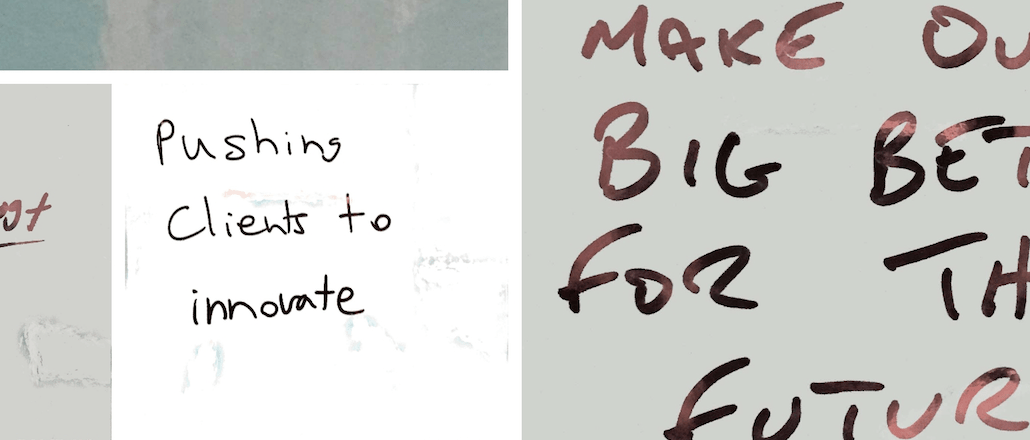Secure your place at the Digiday Media Buying Summit in Nashville, March 2-4

These are challenging times for agencies. Clients are demanding and margins are shrinking; technology companies are inching into agency turf; publishers themselves are setting up agencies; and, above all, the hunt for talent is critical.
At the Digiday Agency Summit in New Orleans this week, executives from shops like Razorfish, DigitsLBi, MEC and Havas gathered to discuss the hurdles they face and potential solutions. To kick things off, we asked attendees to write down the biggest challenges they face. Below is a sampling of what they said. See all submissions here.
Talent
Agencies typically lose one out of three employees each year. This turnover creates a huge amount of headaches, as well as extra costs. What’s more, despite the influx of tech tools, agencies remain firmly services businesses, utterly dependent on the brainpower of their workers. The problem is most acute, according to executives, among the youngest employees.
Clients
An agency is only as good as its clients. Marketers are under more pressure than ever and that rolls downhill. Agencies need to deliver — and figure out a way to get paid for it. Nearly everyone is in agreement that the fee-for-services model is clunky, if not downright broken, but few can say for sure what should replace it. Figuring this out remains top of mind for agencies.
Identity
Agencies need to figure out their identities. That means finding out where they want to go in five years. An agency like DigitasLBi has a heritage in digital, analytics and direct marketing, but is its future as a general marketing agency? All agencies are grappling with how to organize themselves for the future.
Pace of change
It’s a truism that never before have things changes so rapidly in media and marketing. Agencies often thrive on the confusion this creates. But it comes at a steep cost. Agencies are trying to get the day-to-day done while at the same time keeping abreast of constantly fragmenting digital media landscape.
More in Marketing

‘Being very careful’: Weeks after unveiling ad plans, OpenAI works to control the message
A month into its ad strategy, OpenAI tries to balance growth and trust.

Future of Marketing Briefing: AI’s branding problem is why marketers keep it off the label
The reputational downside is clearer than the branding upside, which makes discretion the safer strategy.

While holdcos build ‘death stars of content,’ indie creative agencies take alternative routes
Indie agencies and the holding company sector were once bound together. The Super Bowl and WPP’s latest remodeling plans show they’re heading in different directions.









